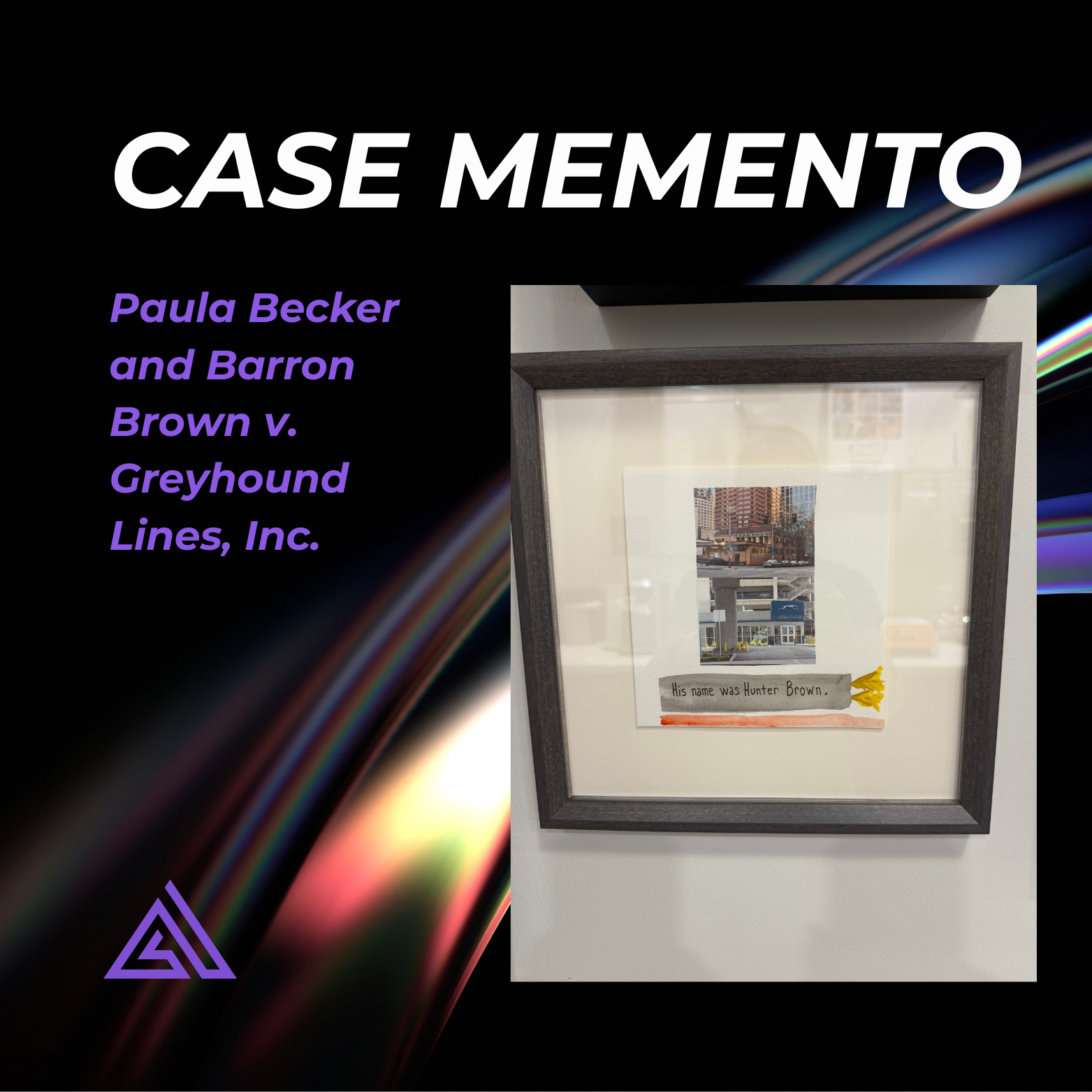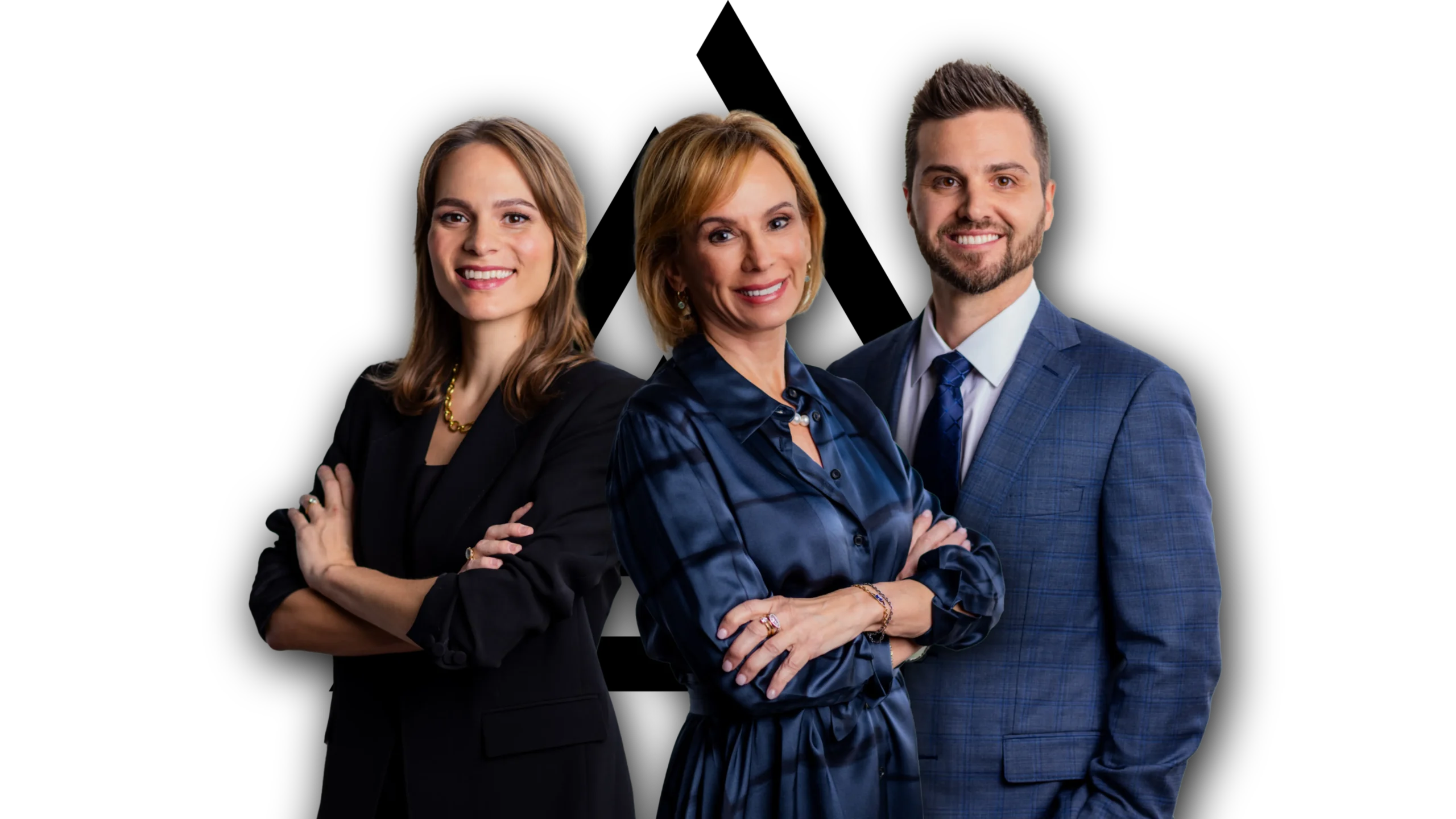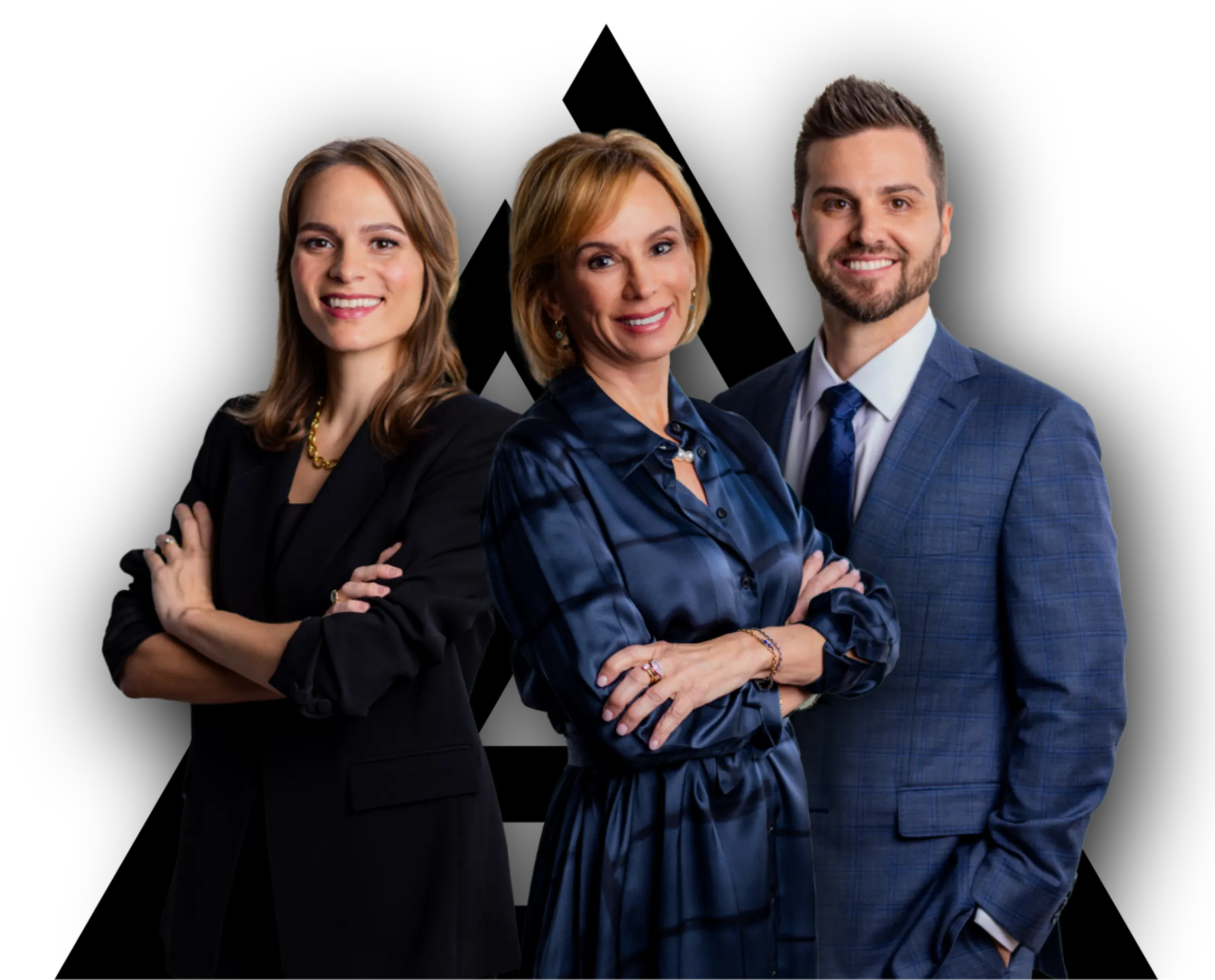Uber and Lyft have taken the world by storm, offering a convenient and affordable way for people to get around. Unfortunately, rideshare vehicles are not immune to accidents—whether they are caused by the rideshare driver, another motorist, or a defective auto part. If you were injured or if your loved one was killed in a rideshare accident, you have the right to seek compensation for your damages.
At Aldous Law, we understand the unique challenges that come with rideshare accident claims. Our Dallas rideshare accident lawyers are here to help you navigate the legal process, fight for the maximum compensation you are owed, and work to hold the liable party accountable.
Our firm has a long history of success in complex, high-stakes cases. Call us at (214) 526-5595 or contact us online to request a consultation today.
Common Causes of Uber & Lyft Accidents
Rideshare accidents, like any other type of vehicular accident, can occur due to various factors.
Some of the common causes of rideshare accidents include:
- Distracted Driving: One of the leading causes of accidents in general, distracted driving can include activities such as texting, using the rideshare app, adjusting GPS, or even conversing with passengers.
- Fatigue: Rideshare drivers may work long hours to maximize earnings, leading to fatigue and decreased attention on the road, which increases the risk of accidents.
- Speeding: Speeding is a significant factor in many accidents. Rideshare drivers may speed to get to their destination more quickly, potentially compromising safety.
- Driving Under the Influence: Driving while under the influence of alcohol or drugs is a serious safety hazard. While rideshare companies have strict policies against driving under the influence, some drivers may still engage in this risky behavior.
- Poor Weather Conditions: Adverse weather conditions such as rain, snow, fog, or ice can make driving more challenging and increase the likelihood of accidents, especially if the driver fails to adjust their driving behavior accordingly.
- Reckless or Aggressive Driving: Some drivers may engage in aggressive behaviors such as tailgating, weaving in and out of traffic, or ignoring traffic signals, increasing the risk of accidents.
- Vehicle Maintenance Issues: Poorly maintained vehicles can experience mechanical failures that lead to accidents. Rideshare drivers are responsible for ensuring their vehicles are properly maintained and safe to operate.
- Inexperienced Drivers: Some rideshare drivers may lack experience or proper training, which can contribute to accidents, particularly in challenging driving situations.
Who Is Liable for a Rideshare Accident?
Determining liability is one of the most complicated aspects of a rideshare accident claim. This is because, in Texas, rideshare drivers are not classified as employees of the rideshare company. Instead, they are considered independent contractors.
Uber, Lyft, and other rideshare companies generally disclaim any liability for accidents caused by their drivers. They often claim that their drivers are not employees and that they are not working for the company when they cause an accident. Rideshare companies may also try to shift the blame to the driver.
Liability for a rideshare accident may depend on the driver’s status at the time of the accident:
- Driver has yet to log into the app — In this scenario, the driver's personal insurance would be primarily responsible for covering damages. Compensation limits would depend on the driver's insurance policy, which can vary widely. Drivers need to review their insurance coverage to ensure it adequately protects them in all situations, including when they're driving for rideshare services.
- Driver has logged into the app but hasn't accepted a ride — When the driver is logged into the app but hasn't accepted a ride request, both Uber and Lyft provide contingent liability coverage. In Texas, this contingent liability coverage typically includes:
- Bodily injury liability: Up to $50,000 per person injured in an accident, with a total limit of $100,000 per accident.
- Property damage liability: Up to $25,000 per accident.
- Driver has accepted a ride or is transporting a rider to their destination — Once the driver has accepted a ride request or is actively transporting a passenger, both Uber and Lyft provide higher levels of liability coverage. In Texas, the liability coverage in this scenario typically includes:
- Bodily injury liability: Up to $1,000,000 per accident.
- Property damage liability: Up to $1,000,000 per accident.
How Our Firm Can Help You
At Aldous Law, our Dallas rideshare accident attorneys understand the unique challenges that come with these types of claims. We know how to investigate rideshare accidents, and we are prepared to put our extensive experience and resources to work for you.
In the aftermath of a rideshare accident, you must choose a law firm that has a proven record of success. Our team has extensive experience handling all types of complex personal injury cases, including those involving rideshare accidents.
Call us at (214) 526-5595 or fill out and submit an online contact form to request a free consultation with our Dallas rideshare accident lawyers.








